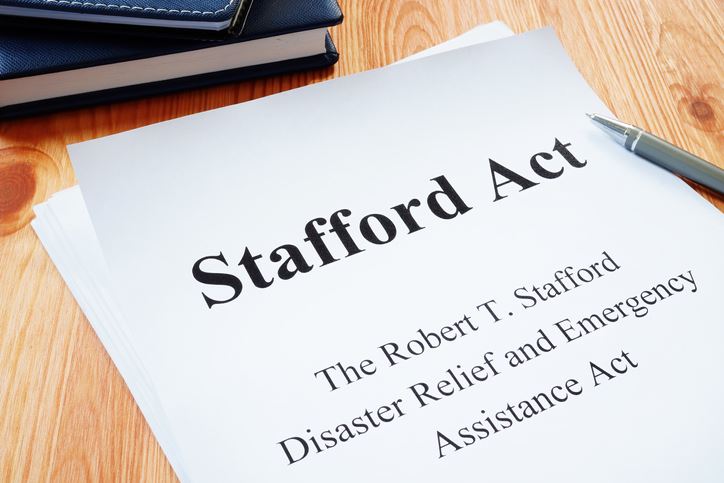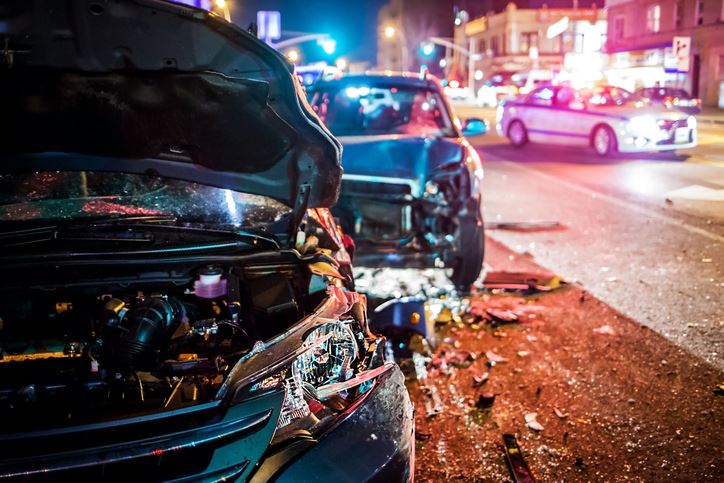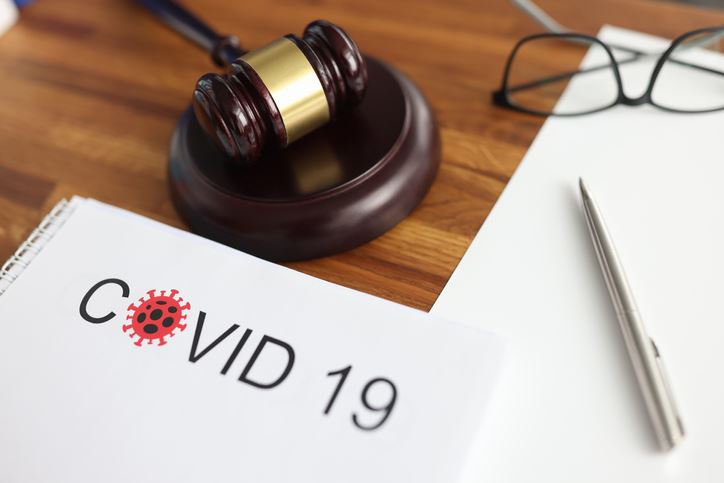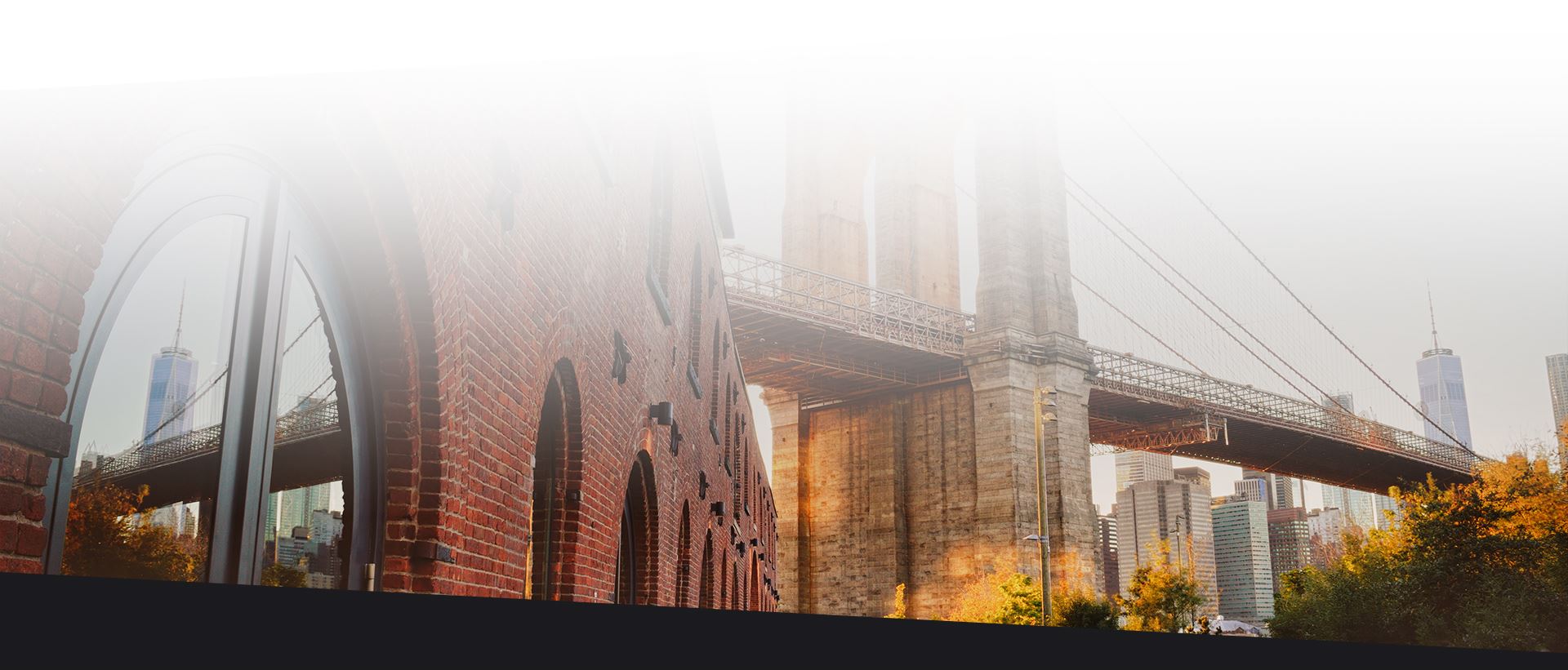Countries around the world are grappling with the devastating effects of the coronavirus. Though leaders of many nations have issued national edicts, authority in the United States is divided between states and the federal government. This complicated system often leads to misstatements and misinterpretations, even among the people who are in charge. And while some people called for a national quarantine to protect Americans against COVID-19, current laws cast doubt on whether that is legally viable.
As is often the case during times of crisis, rumors spread that a national order was in the offing, but an examination of the pertinent legal standards demonstrates the limitations on such an action:
-
The Stafford Act – President Trump alluded to the “very strong powers ” he has under the Stafford Act. This law does not refer to police powers but the ability of the federal government to aid states during disaster relief efforts. The president declared a nationwide state of emergency as opposed to the declarations that usually apply to one or two states after a deadly weather event. In addition to distributing funds to assist in these situations, the U.S. government can assume the authority to coordinate relief efforts, but this does not extend to “lockdown ” power.
-
Constitutional provisions – As the supreme law in the land, the Constitution greatly limits the powers of the federal government, and specifically, the president himself. Under the 10th Amendment, all powers not explicitly granted to the president and federal government by the Constitution are reserved for the states. This is generally understood to include police power, though there is an authority in the document to regulate interstate commerce and take actions regarding entry into the country.
-
Where federal power matters – The president does command attention through his press briefings and has the ability to direct certain federal resources among states. So while the White House might not have the legal power to issue or enforce a national quarantine, the president and federal government still have a heavy influence over governors as they decide what steps to take.
If you’re concerned about your civil rights or believe that your personal or business activity is being wrongfully restricted due to the COVID-19 pandemic or some other reason, an attorney familiar with these issues can outline your legal options.
Contact a skillful civil law attorney to make an appointment
Rubenstein & Rynecki represents clients in different types of civil law matters. To set up a consultation regarding your issue, please call (718) 522-1020
or contact the firm online.






